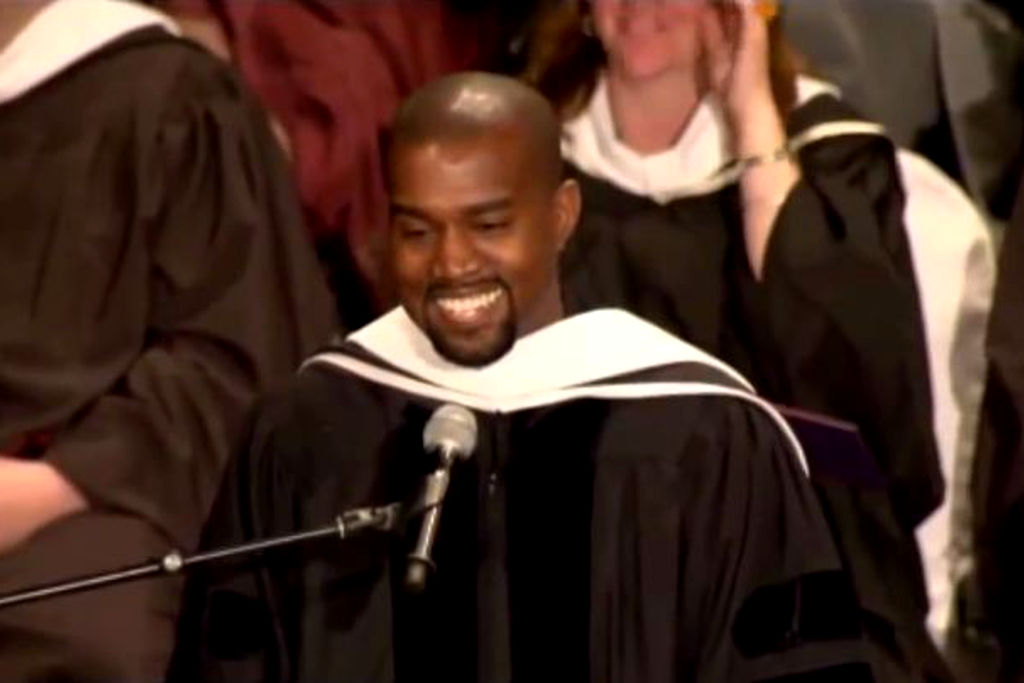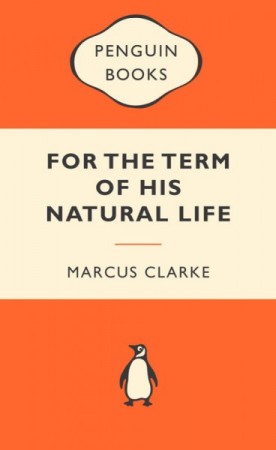Is Getting An Arts Degree In Modern Australia A Waste Of Money?
The financial and employment prospects of Arts graduates are looking worse now than they have for a long time. Is it still worth the investment?

Earlier this year I was looking for work and I plugged ‘arts graduate’ into the employment search of the University of Sydney website. “Factory worker: box packer” was the only result, at $16 an hour, two days a week. I wasn’t alone: more than half of humanities graduates from Tasmania, UNE, Adelaide, and VU are still looking for work four months after graduation. Sydney, La Trobe, RMIT, ACU, Canberra, Queensland, UTS, UWS, Griffith and Swinburne all have unemployment – sorry, “job-seeking” rates in the high 40-percents.
Compare this to something like Dentistry, where between 80 and 95 percent of the cohort is in employment four months after graduating, or Law, at between 60 and 95 percent, or Vet Science, at between 70 and 85 percent. Recent arts graduates on average earn $45,000 annually, a full $25,000 below the average full-time annual salary, and $7,000 behind the median for first jobs.
And Arts graduates are competing for jobs in an environment that’s already unfriendly for young people. Unemployment for young people runs at twice the national average, unemployment for people 18-24 is at its worst level since 1978, and that’s before we’ve even started counting underemployed young people.
.jpg)
Not that Graduation can’t be fucking incredible.
This is worth talking about. I’m not going to make any “do you want fries with your Arts degree” jokes, and there will be no pictures of those campus toilet roll dispensers with “for an Arts degree pull here” written on them in Sharpie. This is a genuine policy issue and it isn’t funny anymore. Here’s why we need to take out the earplugs made out of rolled Derrida and start talking about this seriously.
–
You Buy Your Arts Degree
Arts degrees are for sale. Despite the best efforts of the free education lobby, universities are behaving more and more like corporate advertisers pitching a product to a client base. Maybe you find that unsavoury, but that’s a piece for another day. The fact is that your degree costs you money, and one of the ways universities persuade you to spend that money (or at least, to incur that debt), is by saying that a degree is a sort of investment: get a degree from us, and you’re more likely to have a higher-earning more competitive salary.
The University of Adelaide has a page for high school students that asks “why go to University?”, and the four biggest reasons are: “Uni Graduates find employment, employability skills, career satisfaction, and earning potential”.
This is a consistent theme in the marketing Universities use to attract prospective students. Sydney says “we equip our students educationally for a professionally rewarding and successful career in their chosen field of study,” ANU invites prospective students to “join the ranks of the most employable,” and Melbourne answers “why Melbourne?” with “[International Rankings] rank us #13 in the world for employability.” Being able to get a job matters.
Of course, nobody’s suggesting that by buying your degree you buy a guarantee of a higher salary and a better career. But the pitch appears to be that degrees function a bit like shares: buy one and get good odds of financial return. Let’s take the analogy a step further: the argument for buying shares isn’t just ‘buy shares’, it’s ‘look at the odds and work out which shares to buy’. Universities pointing to the employability of all their graduates don’t provide an especially good argument for an Arts degree. Those figures are made up of Dentistry and Engineering and Marine Biology and Vet Science, and using them to enrol in an Arts degree is a bit like using the performance of the entire ASX200 to buy shares in Bing.

Not this Bing, The other one.
I want to be clear about this: you don’t have to expect financial return on your degree to make it a worthwhile thing to buy. Duncan Ivison, Dean of the Arts and Social Sciences Faculty at the University of Sydney, is explicit that Universities are not job-training centres. “It’s about providing our students with the best liberal arts education we can provide them,” he says, “and that’s essentially learning how to think for yourself, being able to engage with the extraordinary creative resources of western and eastern civilisation, the space to push yourself intellectually and grow as an individual.
“When you get down to it, that’s the thing that’s going to stick with you for the rest of your life, and that’s going to be a resource you can draw on. That’s not to say that you shouldn’t be well equipped to go out into the workforce, it’s not an either/or proposition. But our primary function is not [to be] a job-training centre. We’re not here to simply produce graduates with very narrow-cast functional capacities.”
He’s right – the share analogy falters once you remember that education has value unto itself. But it’s worth being straight with yourself about why you’re buying what you’re buying: if your decision to purchase a degree is motivated by those “join the ranks of the most employable” brochures, it’s worth keeping an eye on exactly how employable your degree is.
–
“Graduates Earn More” Justifies Price Hikes For Degrees
The second good reason for talking about the stats on Arts employment is this: the fact that university graduates earn more over their lifetime is one of the major arguments used by supporters of university fee deregulation. As you probably know, the Coalition has proposed legislation that would deregulate university fees by 2016. It was voted down by an unholy alliance of minor party Senators, but Christopher Pyne has promised he’ll “never give up” on the reforms and so we’re likely to see the proposal again, teetering back into public view wearing fancier and fancier masks and swearing it’s not the bill that was just in here.
One of the arguments proponents of deregulation use is this: university graduates earn more, so they can afford to pay more. John Roskam of the IPA told Q&A “students at university are privileged, they can certainly contribute more. .. those people who can afford to pay can perhaps pay some more,” and Pyne has repeatedly used the claim as a central part of the deregulation argument, albeit with slightly overblown figures.
And by and large he’s right. Having a degree, any degree, sets you in better financial stead than having a high school education or an industry diploma. But in the case of an Arts degree, it’s only just. Given that the proposal never went through, all the following figures are fairly speculative, but the cap on Arts degrees was $18,000, and the estimated uncapped cost was as high as $46,000. This is just not proportionate to the current figures of financial return for an Arts degree. It could take an under-employed Arts graduate the term of his or her natural life to pay off that debt-plus-interest, and the fact that he caught that reference would probably be of little consolation.
The policy discussion around tertiary education routinely blurs the edges between degrees: arguments like “university graduates earn more” and “university graduates should pay more” ignore the lesson that “university graduates” are about as comparable as rockets and poetry. Graduating with Arts is financially different from graduating with Medicine. This should not be a controversial proposition, and it’s one worth insisting on while the nation discusses the cost of degrees.
–
That’s Right, Those Degrees: Changing Employer Perceptions
None of this is an argument against an Arts degree itself, not least because the low employment figures for Arts graduates could be a reflection of any number of things besides the actual degree. Ivison points to at least two possible explanations besides the ‘Arts degrees are useless’ hypothesis: “the first is that a majority of our students are going to do more higher education within the first three or four years of graduation, so they’re probably not immediately committing themselves to full-time employment in the way that, say, an engineering grad would. I think the other reason is that often our students are still trying to figure out what they want to do, in terms of their career ambitions,” he says.
And then there’s the attitudes of domestic employers: “in North America and the UK, some of the best private firms and NGOs will look for just really smart, interesting, good young people. They won’t really care too much if they’re done physics, marketing, or philosophy. But Australian companies tend to have quite narrow, functional approaches to hiring, so banks will say ‘why would we want to hire a philosopher?’”.
But tides might be turning. Over at the University of Sydney, the Faculty of Arts has started responding to student concerns about employment prospects by working with industry and government hiring programs to change attitudes towards Arts degrees. The results have been positive: Ivison says “we’ve had Westpac, PWC, KMPG, taking on classics and philosophy students as part of their training and internships, and they’ve been really impressed, they keep coming back for more. Sometimes they just didn’t understand what an arts student does – what does it mean to do a classics degree? In fact, when you describe it to them they’re impressed, because the skills involved are so desirable and match the kind of work they want to do in the firm.”
I have an Arts degree. In fact I have that holiest of mockable degrees: an Arts degree with honours in Philosophy. I spent years formulating delicate answers to “what job will THAT get you?” until I just got sick of people being that rude and started replying with things like “six figures at Harvard, Aunt Cheryl, and how’s your husband’s drinking?”
It’s uncomfortable to talk about money and it’s even more uncomfortable to talk about the risk of not making any. But it’s a conversation worth having this year as we refresh our semester two enrolments or plug in our UAC preferences. When we lose sight of the Arts conversation among the Universities and Governments’ talk of “degrees” and “university graduates”, we risk forgetting that the “intangible value” of an Arts degree has very tangible costs.
–
Eleanor Gordon-Smith teaches ethics and philosophy at the University of Sydney.
